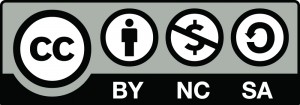Course Syllabus
Sustainable Energy: Design a Renewable Future
Index
1. Introduction
1.1. Learning objectives
1.2. Course activities and resources
1.3. What we expect from you
1.4. What you can expect from us/the course team
2. Course structure, deadlines & grading
3. Assessment
4. Resources & Tools
5. Certificate
1. Introduction
A transition to sustainable energy is necessary for our climate and welfare. In this engineering course, you will learn how to assess the potential for reducing energy consumption and the potential of renewable energy generation sources like wind, solar and biomass. You’ll learn how to integrate these sources in an energy system, like an electricity network and take an engineering approach to look for solutions and design a 100% sustainable energy system.
This course is an introduction to the Sustainable Energy Technology Masters Program at TU Delft and is aimed at Bachelor students from science and engineering disciplines.
Prerequisites: knowledge of high-school level of physics (mechanics, thermodynamics) and mathematical skills, such as integration and differentiation, are preferred.
1.1. Learning objectives
By the end of this course you will be able to:
- Assess energy use and the potential for energy reduction for transport, industry and buildings
- Calculate the potential attribution of different sources of renewable energy like wind, solar and biomass and how to integrate them in an energy system
- Understand the advantages and limitations of different sustainable energy technologies
- Design a plan for a 100% sustainable energy system
1.2. Course activities and resources
This is a 9 week course with an estimated workload of 6 hours per week. The course contains several learning activities and educational resources for you to study:
- Video lectures where your professors explain concepts using real world examples;
- Exercises to test your understanding (calculations, multiple choice, etc.);
- Discussions where you can post questions and help out others;
- Pro and Cons analysis, where you'll have to distinguish the pros and cons of different solutions;
- Peer-review assignments, where you have to submit your work and give feedback to your peers.
The course is organized in a consistent way so you know what to expect each week.
1.3. What we expect from you
As an online student we expect you to be an active participant, contributing to a positive atmosphere by questioning, sharing and helping out others. Regarding deadlines, we recommend keeping on track in order to benefit from learning within a community.
This course is meant to be a place where you learn with and from others. In this sense, we'd like you to experience collaboration and peer-feedback, so please make sure you follow with other participants in order to enrich the overall learning experience. When participating in the Discussions make sure you take into account the Forum and Collaboration Guidelines.
1.4. What you can expect from us/the course team
The course team will release the weekly content, send important announcements and maintain the forum. The Discussion Moderators will monitor and answer questions on a regular basis. We'll try to have a daily presence, but as you might understand we cannot promise to quickly attend everyone, due to the thousands of learners participating in this course. But we'll do our best ;-)
2. Course structure, Deadlines & Grading
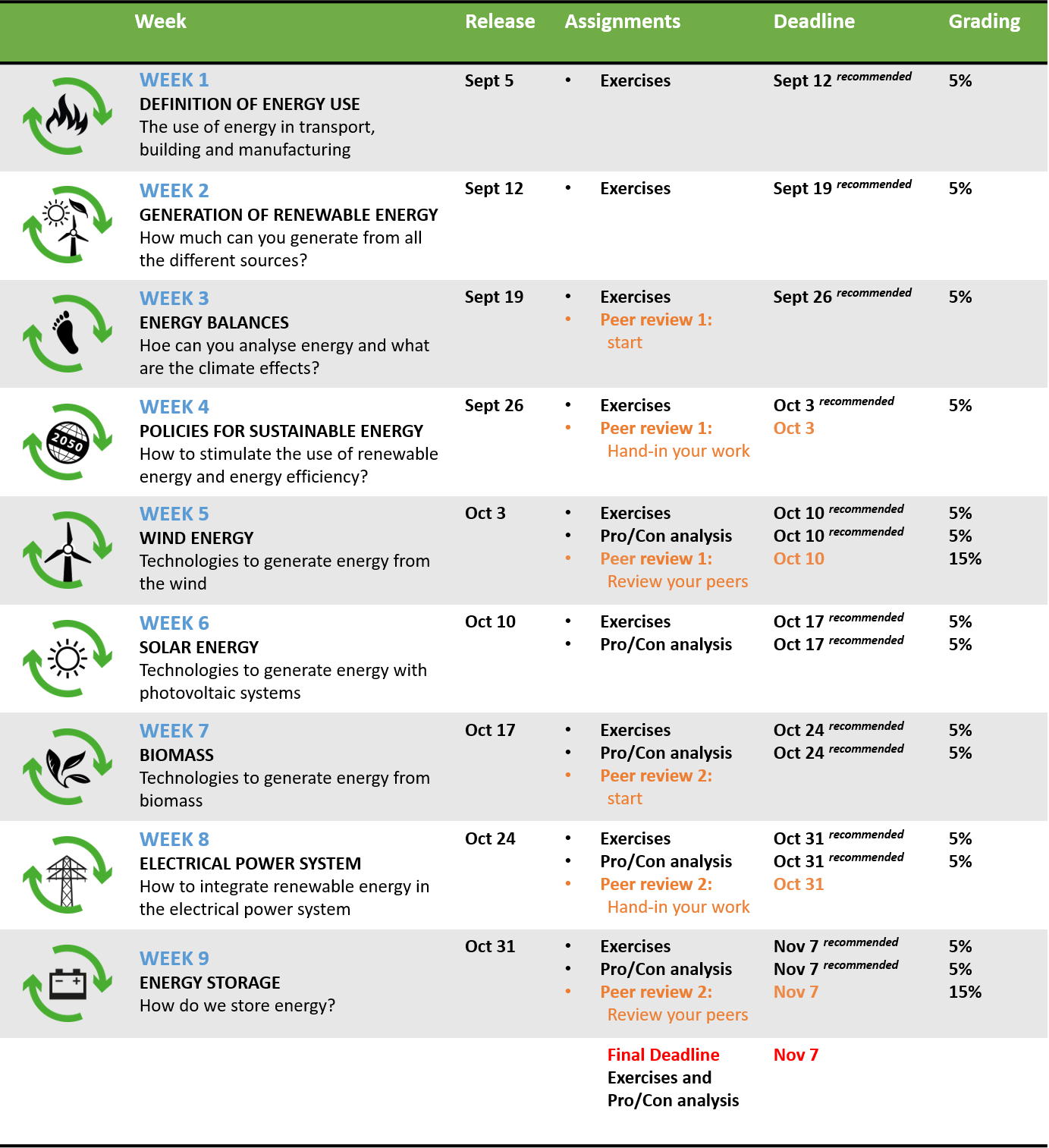
Download this image in PDF
3. Assessment
In order to successfully complete the course you need to score at least 60% in total. A summary of the grading is provided below:
- Weekly exercises - 45%
- Pro/Con analysis - 25%
- Peer-review assignments - 30%
4. Resources & Tools
All educational resources will be available in the course. They consist of short video lectures and readings to support you in the completion of the weekly learning activities.
If you want to dive deeper into this topic we recommend the following books written by our lecturers:
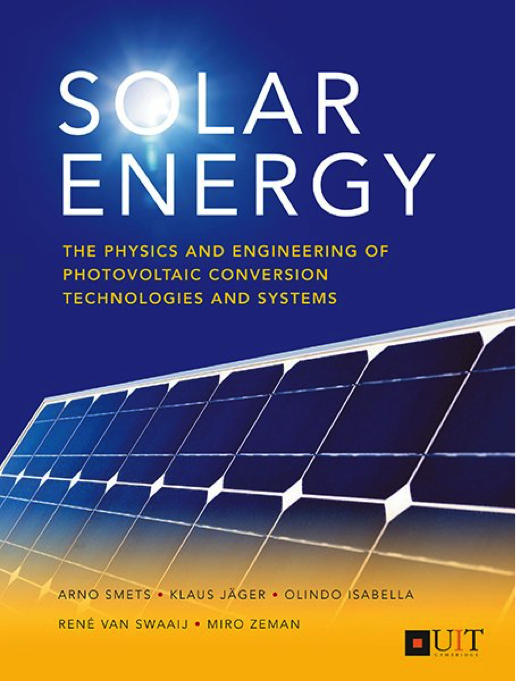
Solar Energy. The Physics and Engineering of Photovoltaic Conversion Technologies and Systems. Arno Smets et al. The e-book version of this book is available free of charge at online bookstores.
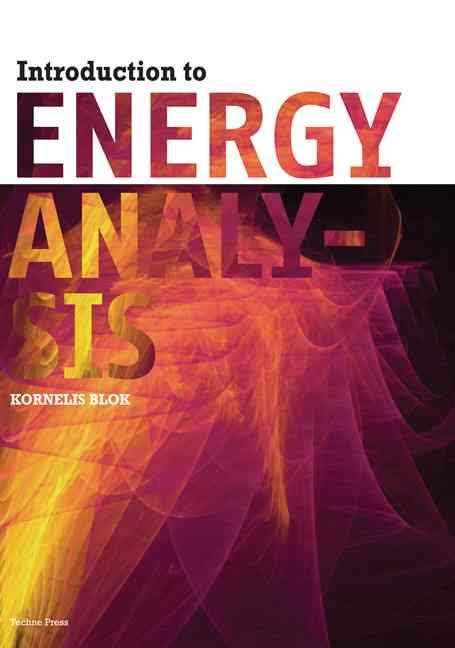
Introduction to Energy Analysis. Kornelis Blok
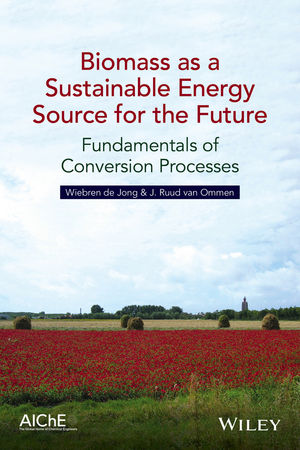
Biomass as a Sustainable Energy Source for the Future. Fundamentals of Conversion Processes. Wiebren de Jong & J. Ruud van Ommen.
5. Certificate
If you're interested in a certificate you can upgrade to a Verified Certificate. These certificates will indicate you have successfully completed the course, but will not include a specific grade. Certificates will be issued by edX under the name of DelftX, designating the institution from which the course originated.
Generating an ID verified certificate
Verified certificates will be issued a few days after the end of the course, to all participants who achieved at least 60% of the total grade. Verified certificates will be issued a few days after the end of the course, to all participants who achieved at least 60% of the total grade. Certificates can be downloaded from your Student Dashboard (look for the Download button next to the name of our course).
Remember that in order to qualify for a certificate, you must achieve a total grade of 60% or higher. You can check your grade at any time under the course’s Progress page. An ID verified Certificate of Achievement is available for $49. You can Upgrade on your edX Dashboard to Verified during the course.
Once produced, a certificate cannot be reissued, hence it is very important that you verify the way in which your name appears. Check that, in your edx.org account, your name is correctly spelled, since it will appear on the final certificate. Please note that no Honor Code certificates will be given out by edX for this course.
***
LICENSE
The course materials of this course are Copyright Delft University of Technology and are licensed under a Creative Commons Attribution-NonCommercial-ShareAlike 4.0 Unported License.
If you choose to reuse or repost DelftX course materials you must give proper attribution to the original TU Delft faculty author(s). Please utilize the following citation "This material was created by or adapted from material posted on the Delftx website, delftx.tudelft.nl, and created by TU Delft faculty member (Name), (Title), (Year). DelftX is not responsible for any changes made to the original materials posted on its website and any such changes are the sole responsibility of [name of user/adapter]."
You must also include a copy of the Creative Commons license used by DelftX, with every copy of the TU Delft materials or the derivative work you create from it.
***
Click the button to print the course syllabus.
